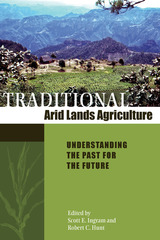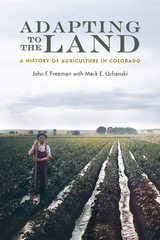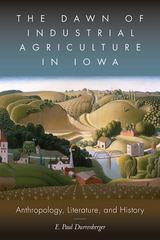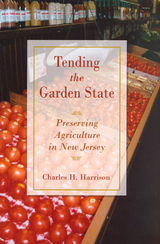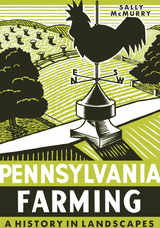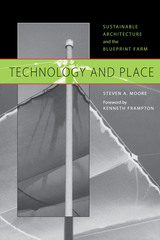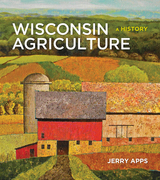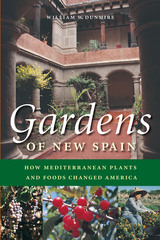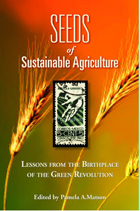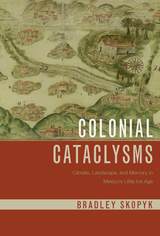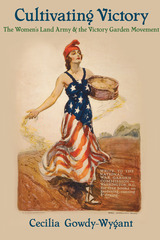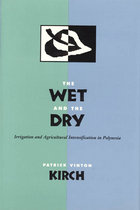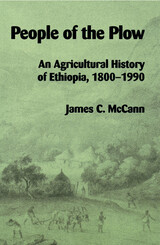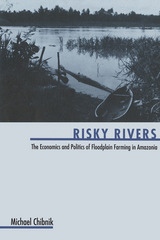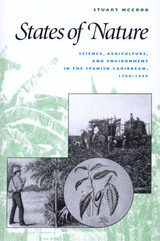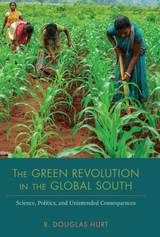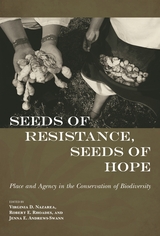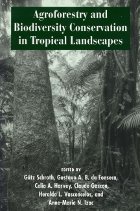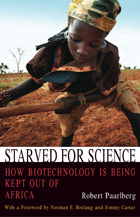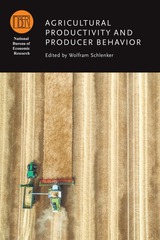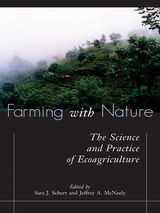The Wet and the Dry: Irrigation and Agricultural Intensification in Polynesia
University of Chicago Press, 1994
Cloth: 978-0-226-43749-1
Library of Congress Classification S470.P75K57 1994
Dewey Decimal Classification 306.349099616
Cloth: 978-0-226-43749-1
Library of Congress Classification S470.P75K57 1994
Dewey Decimal Classification 306.349099616
ABOUT THIS BOOK | TOC
ABOUT THIS BOOK
Scholars and researchers have long believed that the ability to irrigate is crucial to the development of civilizations. In this book, archaeologist Patrick Kirch challenges this "hydraulic hypothesis" and provides a more accurate and detailed account of the role of "wet" and "dry" cultivation systems in the development of complex sociopolitical structures.
Examining research on cultural adaptation and ecology in Western Polynesia and utilizing extensive data from a variety of important South Pacific sites, Kirch not only reveals how particular systems of production developed within the constraints imposed by environmental conditions, but also explores the tension that arises between contrasting productive systems with differential abilities to produce surplus. He shows that the near total neglect of short-fallow dryland cultivation, as well as arboriculture, or tree-cropping, has seriously distorted the picture that archaeologists and anthropologists have of agricultural intensification and its relation to complex social structure.
This work, likely to become a classic, will be central to all future discussions of the ecology and politics of agricultural intensification.
Examining research on cultural adaptation and ecology in Western Polynesia and utilizing extensive data from a variety of important South Pacific sites, Kirch not only reveals how particular systems of production developed within the constraints imposed by environmental conditions, but also explores the tension that arises between contrasting productive systems with differential abilities to produce surplus. He shows that the near total neglect of short-fallow dryland cultivation, as well as arboriculture, or tree-cropping, has seriously distorted the picture that archaeologists and anthropologists have of agricultural intensification and its relation to complex social structure.
This work, likely to become a classic, will be central to all future discussions of the ecology and politics of agricultural intensification.
See other books on: Agricultural productivity | Irrigation farming | Kirch, Patrick Vinton | Polynesia | Traditional farming
See other titles from University of Chicago Press

